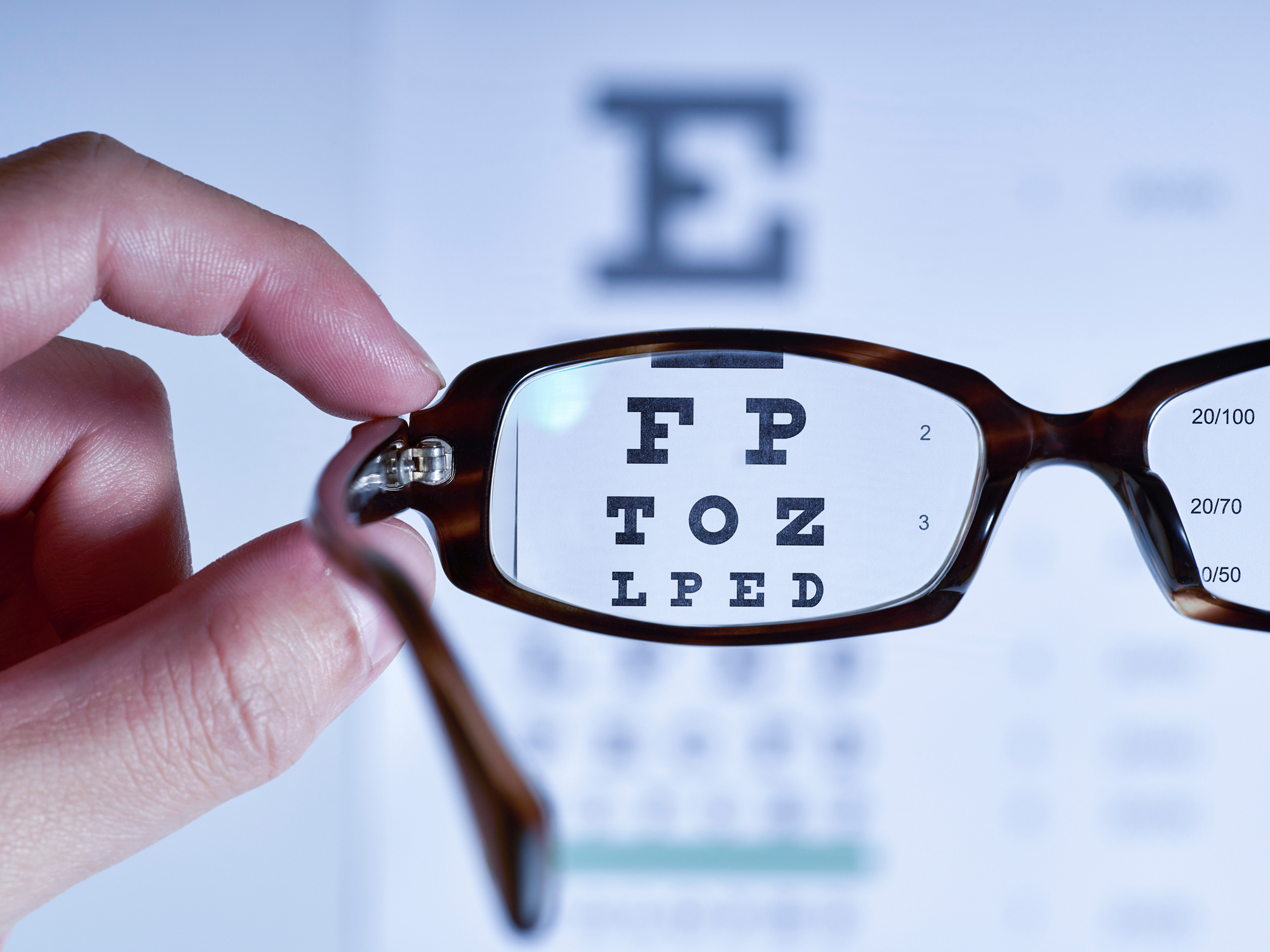Get Easy Health Digest™ in your inbox and don’t miss a thing when you subscribe today. Plus, get the free bonus report, Mother Nature’s Tips, Tricks and Remedies for Cholesterol, Blood Pressure & Blood Sugar as my way of saying welcome to the community!
Why is this strange sight-stealing hormonal condition 150 times more common than it used to be?

We’ve all experienced the power of hormones…
Like when you’re so moody a few days before your period that you burst into tears because your husband forgot to take out the trash as you asked.
Or when menopause has you so anxious that you could down an entire bottle of ZzzQuil and still not get a wink of sleep.
These temporary hormonal imbalances make you feel like you have no control over your emotions or behavior. But plenty of people are at the mercy of their hormones all the time…
Chronic hormonal imbalances are common nowadays because our hormones are under constant assault from poor diets, stressful lifestyles, toxins, pollutants, and endocrine-disrupting chemicals.
But these imbalances cause more than moodiness, insomnia, and anxiety (which are bad enough). They cause scary hormone-related health conditions… like idiopathic intracranial hypertension (IIH).
Idiopathic intracranial hypertension is on the rise
Idiopathic intracranial hypertension is a condition that causes increased pressure inside the skull for no clear reason.
Its symptoms are frightening because they’re the same symptoms you might experience if you had a brain tumor — headache, dizziness, ringing in the ears, blurred vision, double vision, nausea, vomiting, and even partial blindness.
In the past ten years, the number of people diagnosed with idiopathic intracranial hypertension has risen by 150 percent. Why?
Well, researchers from the University of Birmingham believe it’s related to hormones.
First, they looked at the blood and brain fluid (CSF) of women with IIH. Then they compared these samples to the samples of women with obesity and women with another hormonal condition called polycystic ovary syndrome (PCOS).
Women with IIH had a unique hormonal profile. They had higher levels of male hormones called androgens, especially testosterone, in their blood. Researchers also found increased androgens in their brain fluid, which was a vital discovery. Why?
Because having more androgens in brain fluid causes the brain to secrete more brain fluid, which could increase pressure in the brain. So, hormones may very well be the driving factor behind this scary and mysterious condition.
Maintaining hormonal balance
Even though cases of idiopathic intracranial hypertension are on the rise, it’s still a relatively rare condition. Less than 200,000 people in the U.S are diagnosed with it per year. And about 95 percent of those diagnosed are obese women.
Regardless of whether IIH is something you need to worry about, it’s a testament to the importance of keeping hormones in balance. How can you do that?
Well, for healthy women maintaining hormonal balance largely comes down to exercising daily and making a few critical diet choices, like:
- Eating lots of nutrient-rich, low-calorie, high-fiber foods such as vegetables, low-glycemic fruits, sprouted grains, seeds, nuts, and legumes.
- Cutting back on foods that are high in starches, sugars, unnatural fats, and animal protein.
- Reducing caffeine intake. (This is a tough tip to swallow because coffee and tea have so many health benefits, but caffeine increases production of the stress hormone cortisol, which throws hormones out of whack).
- Consider making a detox routine part of your health regime to counter the effect of endocrine disrupting chemicals that you may come in contact with.
If you suspect you already have a hormonal imbalance, get your hormone levels tested. Signs of a hormonal imbalance in women include:
- Weight gain or loss
- Excessive sweating
- Insomnia
- Skin issues like dryness, rashes or acne
- Blood pressure changes
- Blood sugar changes
- Fatigue
- Bloating
- Headaches
- Depression
- Breast tenderness or decreased breast size
- Deepening voice
- Excessive thirst
- Increased body or facial hair
- Blurred vision
- Puffy face
- Hair thinning
Once you have your hormone levels in hand (it’s usually cheaper to get these tested through a conventional doctor who accepts insurance), follow up with a functional medicine doctor who will help you get to the root of your hormonal issues. That way, you can get your hormones back in balance before they trigger something serious… like idiopathic intracranial hypertension.
Editor’s note: Have you heard of EDTA chelation therapy? It was developed originally to remove lead and other contaminants, including heavy metals, from the body. Its uses now run the gamut from varicose veins to circulation. Click here to discover Chelation: Natural Miracle for Protecting Your Heart and Enhancing Your Health!
Sources:
- Excess hormones could cause a condition that can lead to blindness in women, study finds — MedicalXpress
- Pseudotumor cerebri — Mayo Clinic
- What to know about hormonal imbalances — Medical News Today
- Naturally balancing your hormone levels — Easy Health Options













